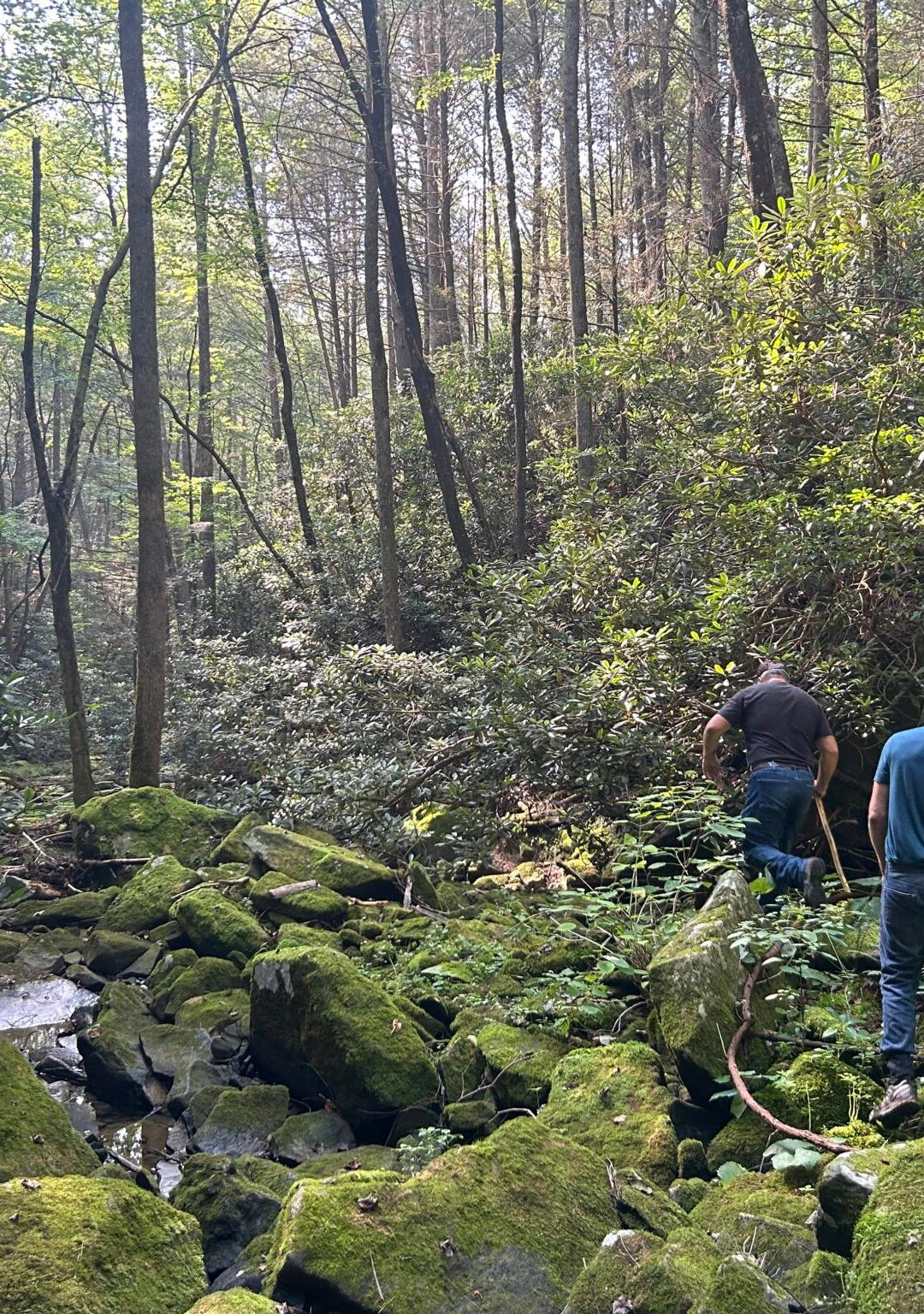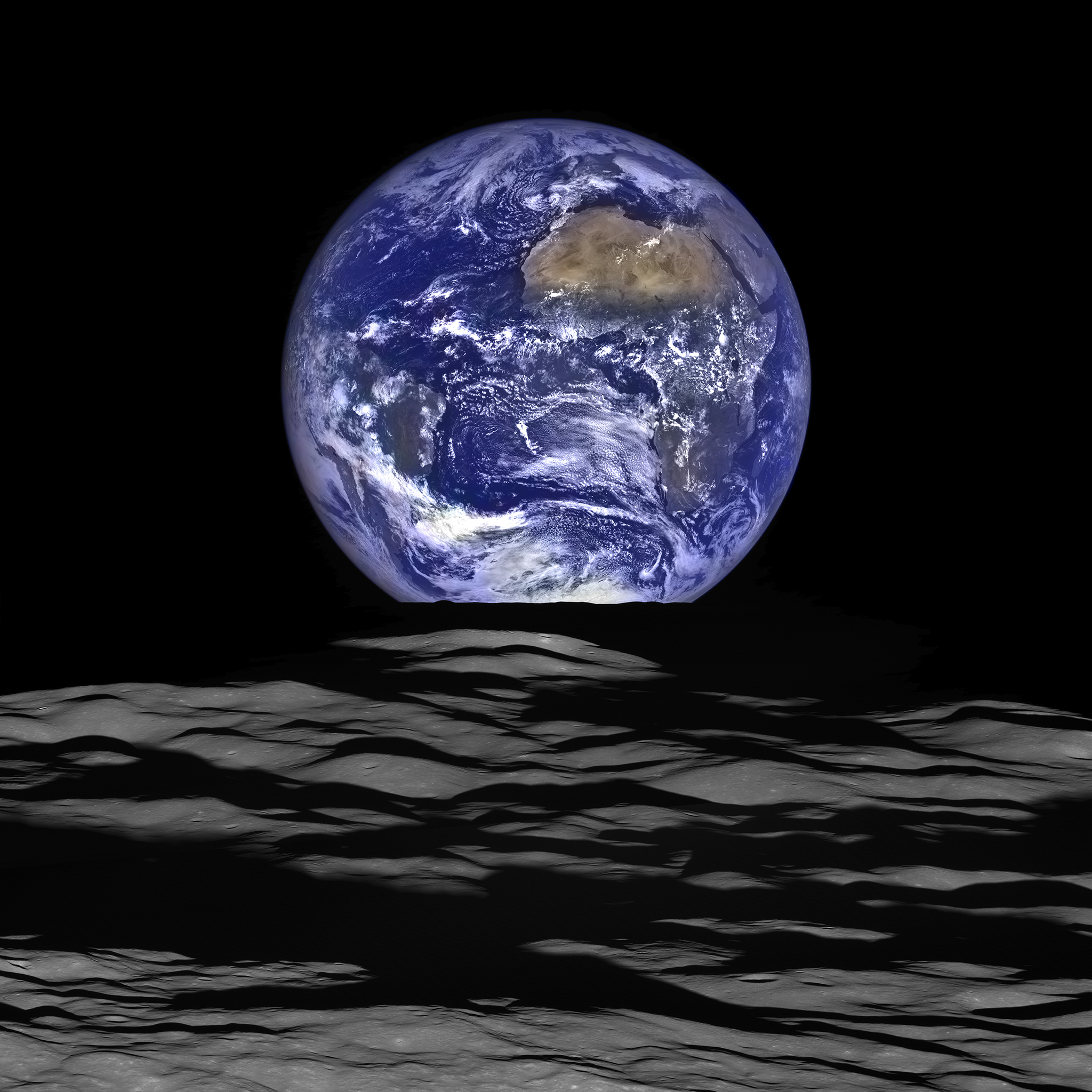Displaying items by tag: citizen action
Land donation protects Obed-area wildlands on eastern fringes of Cumberland Plateau
 Hikers walk along Ramsey Creek during a dry time. Tennessee Citizens for Wilderness Planning has assembled land to be turned over to the National Park Service to expand public lands at the Obed Wild and Scenic River. Chuck Estes/Tennessee Citizens for Wilderness Planning
Hikers walk along Ramsey Creek during a dry time. Tennessee Citizens for Wilderness Planning has assembled land to be turned over to the National Park Service to expand public lands at the Obed Wild and Scenic River. Chuck Estes/Tennessee Citizens for Wilderness Planning
There’s more room to roam in the Cumberlands thanks to Oak Ridge-based citizens group
WARTBURG — As East Tennesseans and tourists alike enjoy summer fun on the wild Obed River, enthusiasts are growing its amount of federally protected land.
Part of the U.S. National Park Service system, the Obed Wild and Scenic River in Cumberland and Morgan Counties on Tennessee’s Cumberland Plateau offers swimming, hiking, picnicking, kayaking, fishing and climbing at the federally protected park. It currently includes about 45 miles along streams like the Obed and Emory Rivers.
Residents of Oak Ridge, a little less than an hour’s drive away, created Tennessee Citizens for Wilderness Planning (TCWP) and lobbied to create the federally protected area in 1976. Now, the same group, through fundraising and land swaps with anonymous private individuals, has gained 30 acres on which it plans to build a trail connected to the federal land.
- obed national wild and scenic river
- tennessee citizens for wilderness planning
- tennessee land preservation
- cumberland mountain quail
- cumberland plateau
- cumberland hiking
- new hiking trails in east tennessee
- hiking in tennessee
- recreation
- fishing
- kayaking
- climbing
- ramsey creek
- national park service
- hellbender
- citizen action
You’ve got the whole world in your hands

Personal climate-change remedies have a wide cumulative impact and are part of the solution, so don’t give up
Tom Ptak is assistant professor of Geography and Environmental Studies at Texas State University. This story was originally published by The Conversation.
The average American’s everyday interactions with energy sources are limited. They range from turning appliances on or off, to commuting, to paying utility bills.
The connections between those acts and rising global temperatures may seem distant.
However, individuals hold many keys to unlocking solutions to climate change — the biggest challenge our species currently faces — which is perhaps why the fossil fuel industry spent decades misleading and misinforming the public about it.
I’m an assistant professor of geography and environmental studies at Texas State University. My research explores how geography affects the complex relationships between societies, energy and contemporary environmental challenges. I’ve found that the human element is critical for developing creative, effective and sustainable solutions to climate challenges.
There’s a large and growing body of evidence showing that individuals can have a major impact on climate change in a number of ways. Citizen action can compel utilities to increase renewable energy and governments to enact strong climate action laws. When enough individuals make changes that lower daily household energy consumption, huge emissions reductions can result. Consumer demand can compel businesses to pursue climate and environmental sustainability.
These actions combined could bridge the “emissions gap”: the significant difference between the greenhouse gas emissions expected globally and how much they need to drop in the next few decades to avoid catastrophic climate change.
- climate change
- individual action
- personal responsibility
- energy consumption
- energy conservation
- geoengineering
- consumer choice
- consumer demand
- citizen action
- citizen participation
- public participation
- climate leadership
- emission reduction
- collective action
- carbon emission
- renewable energy
- energy efficiency
- fuel consumption
- weatherization
- energy use